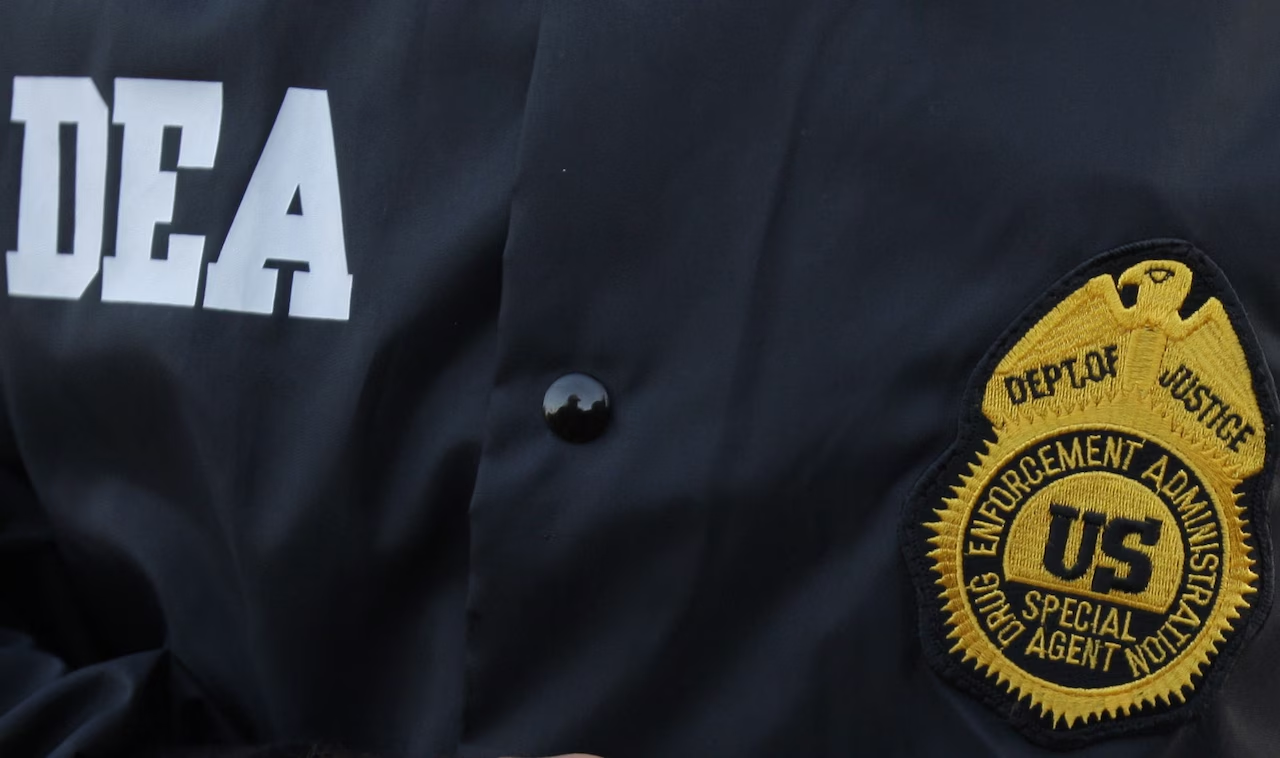High-Profile Extradition to Oregon
Two Honduran citizens accused of trafficking fentanyl in the Portland metro area have been extradited from Honduras to face federal charges in Oregon. The men — Teodoro Rodas Dubon, 32, and Erick Yojan Lopez Miralda, 38 — arrived Monday night aboard a private jet escorted by U.S. Drug Enforcement Administration (DEA) agents.
Both men appeared in federal court in Portland on Tuesday, where prosecutors outlined their alleged roles in an international trafficking network responsible for funneling fentanyl into the city.
Federal prosecutor Steven T. Mygrant noted the case marks only the second and third time in recent years that individuals have been extradited from Honduras to Oregon to face drug charges.
Also Read
Message from Prosecutors
Authorities emphasized that the extradition reflects the seriousness with which the U.S. government is treating fentanyl distribution.
“Extraditing these two defendants to Oregon sends a critical message,” said Scott Bradford, interim U.S. attorney for Oregon. “The United States will relentlessly pursue and hold accountable those involved in trafficking fentanyl.”
DEA officials echoed that stance. David F. Reames, special agent in charge of the DEA’s Seattle field division, said the agency and its partners “will aggressively pursue the arrests of alleged drug traffickers no matter where they come from.”
Allegations Against Dubon
Court documents describe Dubon as a key figure in the drug ring. Prosecutors allege he directed fentanyl sales in Portland while living in Honduras and California, even after the ring’s alleged leader was arrested.
Assistant U.S. Attorney Paul Maloney wrote in a detention memo that Dubon played an active role in managing the organization’s operations.
Dubon has pleaded not guilty to a charge of conspiracy to distribute 400 grams or more of fentanyl, a count that carries a mandatory minimum sentence of 10 years in prison if convicted.
Allegations Against Miralda
Miralda is accused of being a regional narcotics distributor in Portland who helped spread fentanyl throughout the metro area. According to prosecutors, he worked closely with other members of the network and played a central role until fleeing to Honduras.
Court filings indicate that in late 2022, Miralda was pulled over while driving a car identified through wiretapped phone surveillance. During the stop, he allegedly handed officers a false ID. Investigators also discovered three tubs of “Super Manitol,” a substance often used to cut fentanyl powder.
From January through spring 2023, DEA task force officers seized about 3 kilograms of fentanyl pills and powder and nearly 400 grams of methamphetamine from individuals allegedly linked to Miralda. These discoveries prompted Miralda to flee the country, prosecutors said.
Miralda has pleaded not guilty to conspiracy to distribute fentanyl.
Criminal Histories and Flight
Both men have prior convictions for illegally re-entering the United States. Court records show Miralda was convicted in 2011 and 2017, while Dubon was convicted in 2018.
They were arrested in Honduras in January on provisional arrest warrants. Both challenged their extradition but lost, leading to their transfer to Oregon this week.
Defense Lawyers Question Government’s Pursuit
Defense attorneys Lisa Ludwig, representing Dubon, and Michelle Kohler, representing Miralda, did not contest their clients’ detention at Tuesday’s hearing. However, they questioned why federal prosecutors went to such great lengths to extradite them.
Prosecutor Mygrant pointed to detention memos detailing the defendants’ alleged roles, the quantity of drugs seized, and the severity of the charges.
Fentanyl Crisis in Oregon
The case comes amid a worsening fentanyl crisis in Oregon. Officials say the synthetic opioid is largely responsible for the sharp rise in overdose deaths across the state. Just a few milligrams can be fatal, and the drug is often mixed with other substances, increasing the risk to users who may not know they are consuming it.
Law enforcement agencies in Oregon have stepped up efforts to disrupt trafficking networks, with seizures of fentanyl reaching record highs in recent years. Prosecutors argue that extraditions like Dubon and Miralda’s demonstrate the government’s commitment to targeting suppliers at the highest levels.
What Comes Next
Both defendants remain in custody as they await trial in Portland. If convicted, they face significant federal prison sentences. Prosecutors say more arrests could follow as the investigation continues.
For now, authorities hope the case sends a clear signal: even thousands of miles away, suspected traffickers cannot evade accountability.












